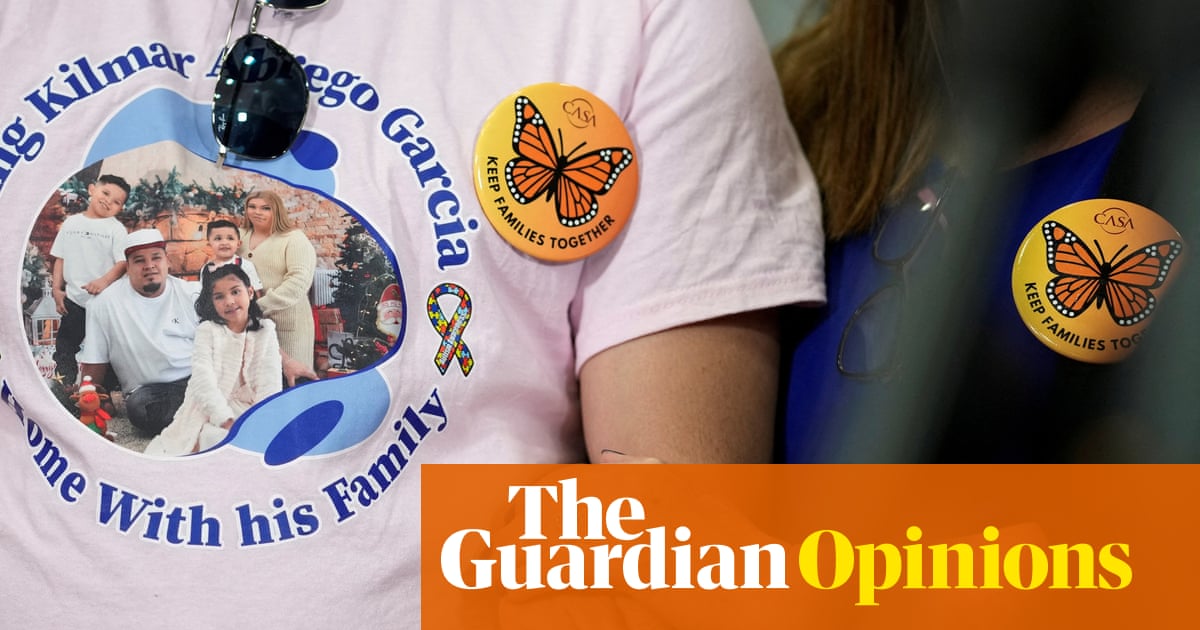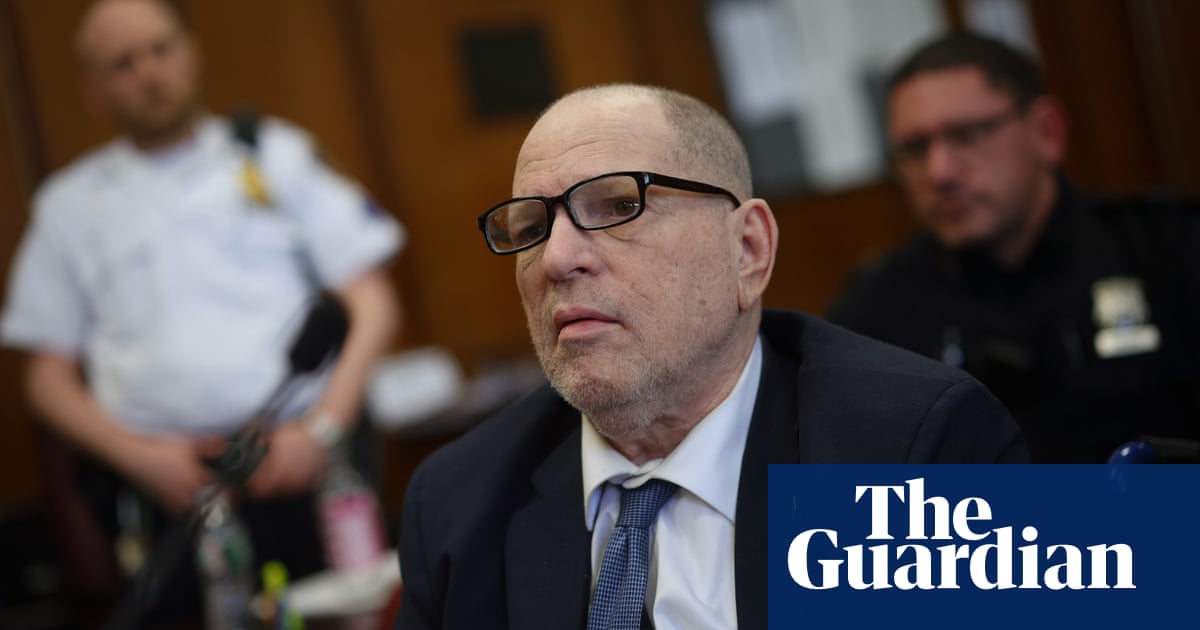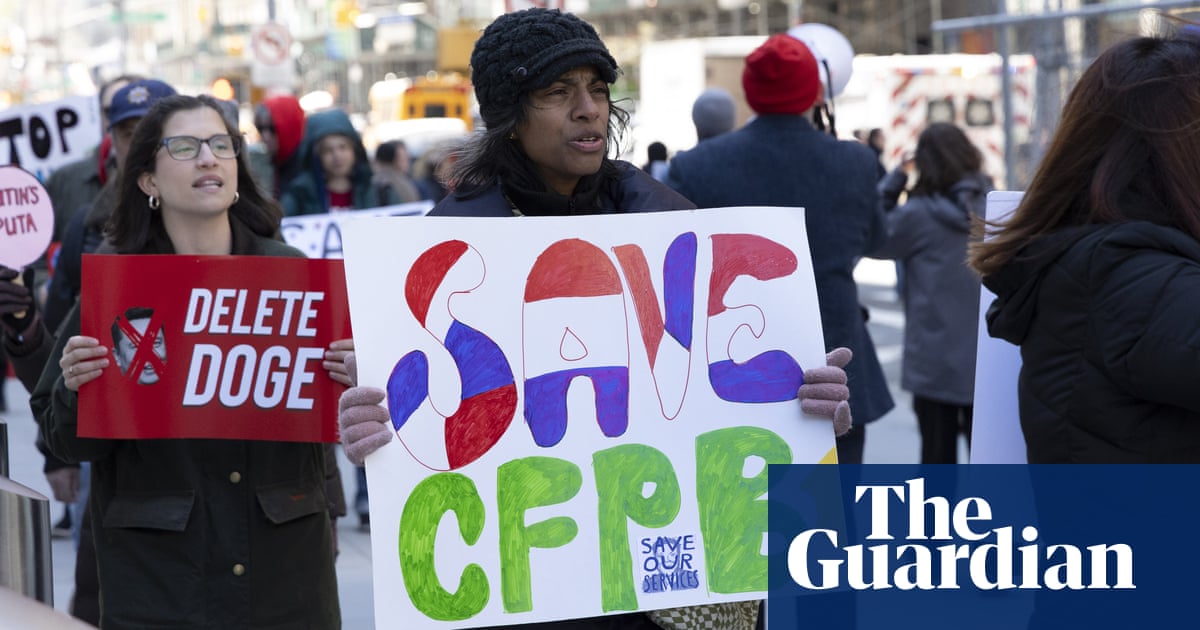The latest hit Netflix show has surpassed 100m views and cracked the top five of the platform’s all-time biggest English-language series – without CGI monsters, ornate gowns or Jenna Ortega. Instead, Adolescence is a four-episode limited series about a 13-year-old British boy accused of stabbing his female classmate to death. And as the story unfolds, the pernicious influence of cyberbullying and social media radicalization on the main character comes into focus.
The show has sparked conversations about the much-discussed male loneliness epidemic and the pervasive influence of hypermasculine online personalities. It has set off public debate from India to Australia to the United States about how we raise boys in an era when social media increasingly serves as an endless trough of misogynist messaging. In the UK, where the series became the first streaming show to top the country’s TV ratings, it has stirred intense conversations on news panels and in parliament. Even the prime minister jumped into the fray after watching the show with his teenage children.
But while Adolescence has become a lightning rod for these debates, the show itself takes a nuanced approach to topical themes of male isolation, vulnerability and violence. Adolescence never lectures its audience, and it is not prescriptive; instead, it leaves viewers with more questions than answers. And the popularity of the show could help foster meaningful conversations about a healthier approach to media consumption and participation for all.
Adolescence’s protagonist, Jamie, is far from alone in his loneliness. In the last few years, writing about the post-Covid escalation in isolation has become something of a cottage industry. From Jonathan Haidt’s The Anxious Generation to Jean Twenge’s Generations, youthful despair is the issue that has launched a thousand podcast appearances. Despite this abundance of coverage, the problem persists that young people remain lonely: in the UK, 16- to 29-year-olds are the loneliest age group, and in the US, 40% of teens report feeling chronically hopeless. Youth suicide rates have increased by almost two-thirds since 2007.
More than half of US teens have come to spend almost five hours on social media every day, on platforms that can not only exacerbate loneliness, but encourage antisocial behavior. The two most popular platforms among 13- to 17-year-olds are YouTube and TikTok, both of which use algorithms that are as powerful as they are dangerous. YouTube, for example, recommends right-leaning videos even to viewers who haven’t interacted with that type of content. The Department of Homeland Security has also reported that TikTok promotes extremist discourse, including “tactical guidance” from the January 6 insurrectionists.
The results have been tragic. Last July, a 26-year-old man in England murdered his ex-girlfriend, Louise Hunt, along with her sister Hannah, and her mother, Carol. Prosecutors later revealed that he had binge-watched videos of Andrew Tate, a kickboxer facing rape allegations in the UK and a criminal investigation in Romania over alleged human trafficking. Crimes like this one bring Adolescence disturbingly close to the threshold of documentary.
But what is too easily missed is that it’s not only young men being manipulated and radicalized online. More than a decade ago, a 12-year-old girl stabbed her friend in tribute to a fictional online character called Slender Man. While girls are far less likely to commit acts of violence against others, they are more likely to adopt self-harming behaviors such as self-injury, eating disorders and suicide attempts, all of which are inflamed by YouTube algorithms.
Now, Adolescence’s creator is offering a well-intentioned solution: banning access to social media for teenagers. Australia has already passed such an embargo for anyone under 16, and though it won’t take effect until later this year, it still exemplifies the idea’s unfeasibility. The law will enforce restrictions through age-verification technology, which the platforms will have to implement themselves, a bit like asking Al Capone to enforce temperance.
Even if they do, patronizing young people by telling them they can’t be trusted with a technology they’ve been using their whole lives is unlikely to work. Those who want to keep using social media will find a way to do so. VPNs can easily circumvent regional barriers, as Russians discovered when Vladimir Putin banned Facebook and Instagram in 2022. And websites like YouTube don’t require an account to view videos, granting them an almost uncloseable loophole.
That’s why this crisis seems better addressed through pragmatism than prohibitionism. After all, teenagers themselves recognize the harm that social media can pose – perhaps better than anyone – and 94% of them say they want their schools to offer instruction in media literacy. The British prime minister, Keir Starmer, intends to kickstart that education by screening Adolescence in secondary schools nationwide. But in the US, our official head of state owns a multibillion-dollar social media company – as does our unofficial head of state – so a similar move seems unlikely.
Then again, if there is going to be a cultural shift toward mitigating the risks of social media, it will probably not come from senators hectoring parents and their children about screen time. Instead, it will take more delicate, patient, thoughtful conversations like the kind organically taking place in response to Adolescence. And in the classroom, there may not be a one-size-fits-all approach, but Media Literacy Now’s database of more than 130 lesson plans – on everything from digital citizenship to detoxing your feed – could be a good start. (And to be clear: adults would benefit just as much, if not more, from brushing up on these topics.)
Adolescence has resonated so deeply with so many by presenting a complex, human story that defies simple answers. In that spirit, it seems unlikely that anything would be solved by trying to get young people to quit algorithms cold turkey. But perhaps with enough empathy, respect and humility, we could all help each other scroll responsibly.
-
In the US, you can call or text the National Suicide Prevention Lifeline at 988, chat on 988lifeline.org, or text HOME to 741741 to connect with a crisis counselor. In the UK and Ireland, Samaritans can be contacted on freephone 116 123, or email [email protected] or [email protected]. In Australia, the crisis support service Lifeline is 13 11 14. Other international helplines can be found at befrienders.org
-
Katrina vanden Heuvel is editorial director and publisher of the Nation, she is a member of the Council on Foreign Relations, and she has contributed to the Washington Post, the New York Times and the Los Angeles Times

.png) 2 days ago
7
2 days ago
7













































